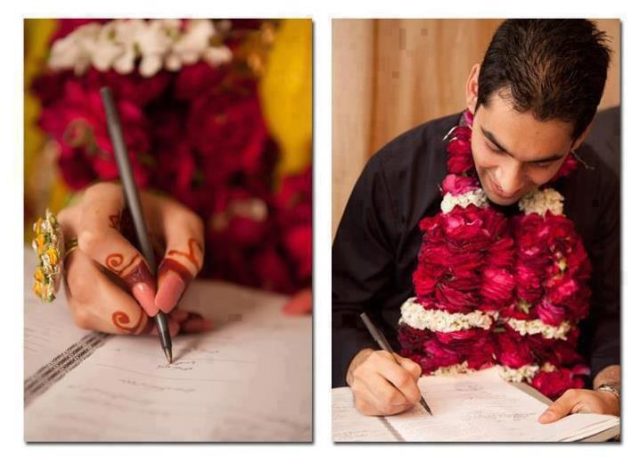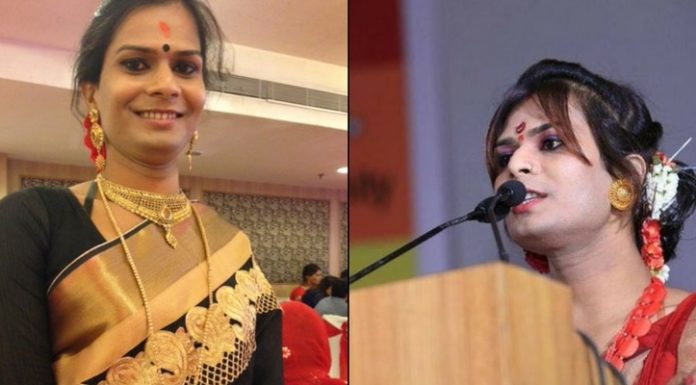Unbeknownst to many, inter-faith marriages are not so simple in Islam. First of all, only Muslim men can marry a Non-Muslim woman but the same courtesy has not been extended to Muslim women. Of course, before we cry hoarse over this blatant gender discrimination in the Islamic jurisprudence, there is one more interesting point to make here.

Even though a Muslim man is allowed to marry a Non-Muslim woman, the woman cannot be just any woman from just any faith. Confused? Alright, let me explain…A Muslim man can only marry those Non-Muslim women who is a ‘Kitabia’ (or literally, People of the Book).
In case you are wondering who is a ‘Kitabia’, she is a woman who believes in a “revealed religion” which possesses a Divine Book and basically includes women from Christianity and Judaism religions. But he is prohibited from marrying an “idolatress” or a fire-worshipper.
Moreover, it is also important to note that under the Shia law, no Muslim, irrespective of his/her gender, can marry a non-Muslim in the Nikah form. In other words, Nikah can only be performed when both parties are Muslims. This is probably how Nargis Dutt became Nirmala Dutt and Sharmila Tagore became Ayesha Sultana. In fact, there isn’t much that people won’t do for love…including, giving up their religion. [Note: Of course, it can be a matter of much debate as to why is it the woman — celebrity or otherwise — who often ends up renouncing her faith in order to be with the man she loves.]
Of course, then there are those who do not believe in renouncing their religion (or their identity) for the sake of love, which is why Kareena Kapoor and Saif Ali Khan performed their marriage rituals without any one particular type of ceremony. This is not surprising since Nikah was obviously out of the question…as Kareena did not convert to Islam. Not to mention, so was a traditional Hindu marriage…since, Saif was forbidden by Shariah laws to marry an “idolatress” or a fire-worshipper.
The Solution…simple! The Special Marriage Act of 1954, where any Indian — irrespective of his or her religion or residence — can choose to marry. And this is how Saifeena were able to solemnise their marriage to each other…(and how Arvind Swamy and Manisha Koirala could marry each other in the movie Bombay).
However, there are a few things that still needs to be highlighted (one that gets me a little perturbed…to say the least).
Article 19 of the Special Marriage Act (1954), for instance, talks about the effect of such a marriage on a member of an undivided family (where the man/woman professes the Hindu, Buddhist, Sikh, or Jain religion). Do you want to know the effect of such a marriage alliance? They effectively severe ties with their undivided family.
And don’t get me wrong…while I don’t care about the provisions of property rights under the law per se…it does irk me to think that in case one does not wish to renounce one’s religion, they have to renounce their family (in case of an undivided family). After all, isn’t the purpose of marriage is to create new bonds and ties?!? How can “severance” of ties be dubbed special? And that…is why the Special Marriage Act is still not so special!!!































